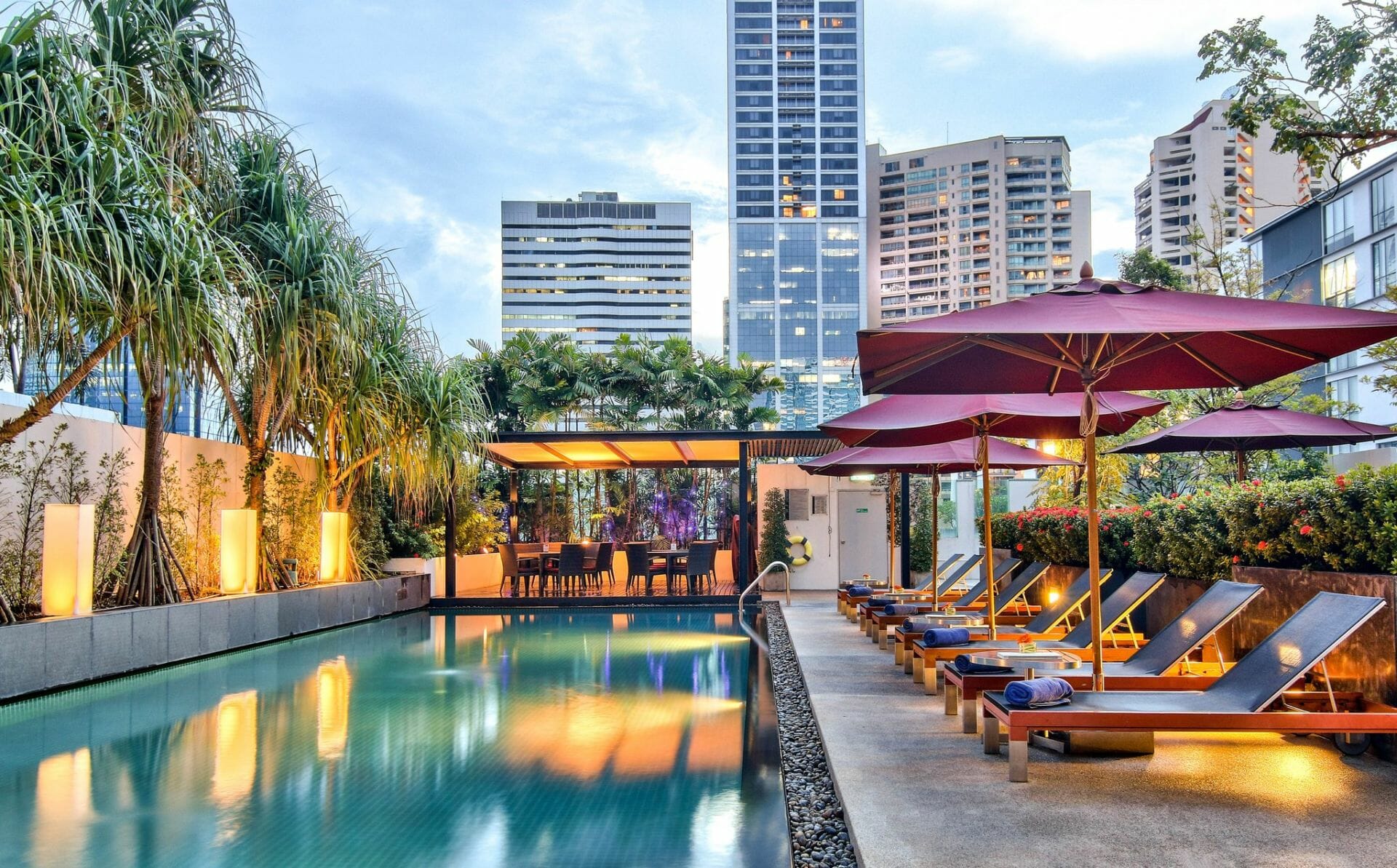Condominium is a form of housing in which residents own shares in an association that manages the building and its amenities. Owners also have access to individual units that are part of the same structure. In this article, we will discuss if your condo can be used as an investment property.
If you are thinking of buying a condominium as an investment, you should know the pros and cons of owning one before making a decision. While most people see it as a positive aspect, owning a condominium comes with several restrictions depending on the type of condominium you live in.
Read on to find out if your condo allows for rental income, who has priority rights for using common facilities, and more about renting out your unit or taking advantage of it as an investment property.
Who can rent out a condominium?
Condominiums in Singapore are managed by the condo association. The management is entrusted to the tenants who own shares in the association.
The management of common facilities, such as elevators and swimming pools, is governed by a set of rules that apply equally to all members.
The management of other facilities, such as guest rooms, is also provided for by a set of rules that applies equally to all residents.
Rent from the Condo Association
Many condominium associations, especially newer ones, have a policy that allows you to rent out your unit. While the association is responsible for maintaining and repairing the property, they also have to protect their investment. Every four years, the association will conduct an appraisal to assess its worth and adjust the condo fees accordingly. If your condo meets certain conditions set by the organization, you can rent out your unit and make a profit.
Can you get rental income from your unit?
Condominiums are a form of housing in which residents own shares in an association that manages the building and its amenities. This means owners have access to individual units that are part of the same structure, such as a hotel, office building, or school.
Each condominium unit is typically subject to a percentage-based fee that covers the costs of common areas and services. The fees vary depending on what type of unit you live in and whether you have a maid’s room with it.
Some condo projects also provide for rental income by charging a fixed monthly fee for each unit. This can be arranged through the developer or directly with the owner.
Who has priority to use common facilities?
Condominiums typically have common facilities like the clubhouse, swimming pool, and parking. If you are living in this type of housing and you want to use these facilities, you will need to share them with your fellow homeowners. This can be a positive aspect if you want to get more involved with your community.
However, if you don’t have time for your condo’s social events or don’t want to share common facilities, it may not be worth having a condominium unit.
What about tenant evictions?
If a landlord intends to evict a tenant for nonpayment of rent or other reasons, the landlord must first serve the tenant with a written notice explaining the eviction and its grounds. If the tenant fails to respond in 30 days, the landlord can file an application at the Land Justice Court.
If the court grants an eviction order, it also gives tenants two weeks to vacate the property after finding that they have no grounds to contest it.
Conclusion
In case you are planning to buy a condominium as an investment property, here are some of the things that should matter.
The first thing is the location. Short-term rentals have become a widespread issue in Singapore, so you need to make sure that your condo does not come under such a situation.
The last thing you want is for tenants from another building to come knocking on your doorstep just because they cannot find accommodation!
After all, there will always be new tenants searching for affordable properties in Singapore’s booming real estate market.


![Average Condo Price in Singapore [Updated in Sep 2024] 3 average condo price singapore](https://eth62pbbc4t.exactdn.com/wp-content/uploads/2023/03/paul-szewczyk-nI4aC1kaTRc-unsplash-min-592x444.jpg?lossy=1&quality=92&ssl=1)

